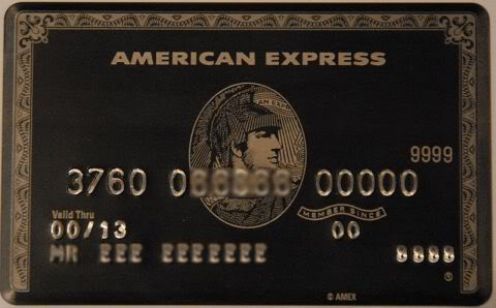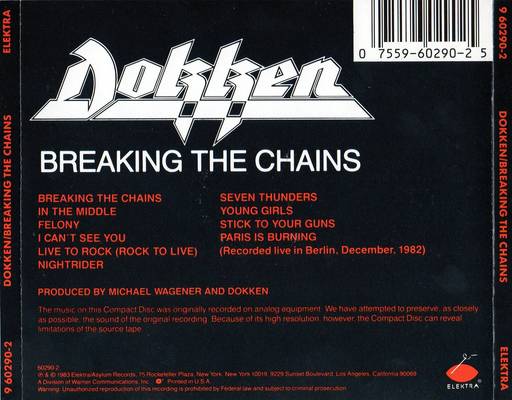If you missed Wednesday’s post, today’s is Part II of the final (for now), definitive discussion on which credit card you should get. You need one that’ll protect you fully against fraud (discussed Wednesday), and one that gives you the best smorgasbord of rewards.
The problem with the latter criterion is that most rewards are retarded. Examples:
You don’t need any of these things. Well, you need tires, and maybe yoga pants. Maybe even NFL memorabilia, if you’re 12 years old, but that means you’re too young to have a credit card anyway.
The problem is that having these particular pieces of cheese at the end of the maze gives you incentive to change your buying behavior. Should you spend your last $50 on that tchotchke? Well, if it gets you that much closer to a “free” bouquet from ProFlowers, why not? Besides, this Friday is payday.
Most any credit card reward in the form of a discrete item is going to be something you build toward, rather than something you earn instantly. If a furniture store-branded card gives you 5% of your bill back in the form of armoire credits, you’re going to have to spend a few thousand dollars before you can redeem anything.
You want CASH. A flat percentage returned to you for every purchase you make. Discover was the first to do this, and it worked beautifully. Get 1% back, in $20 increments, and you don’t have to change your behavior.
Think about how much it costs the branded cards to provide you with their rewards. Macy’s sells its clothing for a 100% markup or thereabouts. That generous 3% reward rate they’re offering you dwindles to 1½% when you look at it from their perspective. Also, you can only wear so many clothes. And let’s not even get into gimmicks like the “monthly cardholder savings event”, in which the store keeps the lights on an hour longer for the idiots it wooed with such “generosity”, does so to make the gullible feel privileged, then gets all its money back and then some.
This bears repeating: get the card with the highest cash rewards. There’s more to it than simply looking at percentages. A card that offers 1½% should be better than one that offers 1¼%, but if the former pays you only in $150 increments (i.e., you have to buy $10,000 worth of stuff) while the latter pays in $20 increments, then you might want the latter unless you spend an awful lot.
So what card to get? It’s easy. First, only look at cards that don’t charge a fee. If this isn’t obvious, God help you. And that means cards that never charge a fee: not “no fee for the first 2 years, then $95.” It’s a competitive market. Free cards are there for the asking.
Read the agreement.
Then read it again. 84% of the problems in the world could be solved if everyone did that.
Then figure out what cash rewards card fits you best. Looking at the above example, we’ve got:
Card A, which gives you a $150 credit every time you buy $10,000 worth of stuff. If you buy $9999 worth of stuff, you don’t see a dime until you spend another dollar.
Card B, which gives you a $20 credit every time you buy $1600 worth of stuff.
If you ring up $10,000 in purchases every month (some people do), get Card A. In a typical month, you’ll be $30 ahead of where you’d be if you got Card B.
If you’re not quite at the level of the big spender in the first example, and charge, say, $800 a month, you might want to (but don’t necessarily want to) get Card B. You’ll receive a $20 credit every couple of months, as opposed to waiting well over a year to receive $150 with Card A.
“Points” are for idiots. With every purchase, you want pennies, not points. Well, there’s one exception. Slight hypocrisy alert:
If you know you’re going to patronize a certain business anyway, then it might make sense to go with the rewards. Hear us out. We probably mentioned it someplace on the blog (can’t be bothered to look), definitely in the book, but we use a particular hotelier’s American Express rewards card. Only because we know we’re going to stay in this chain’s hotels a few times a month anyway.
Does that tie us to this chain? Maybe a little, but if we can redeem a free night while their closest competitor is holding a fire sale, we’ll stay with the competitor and save the free night for a later date. Plus, it’s American Express (see universality, above.) If we never left the United States we’d probably go with a Discover straight 1% cash back card.
Assuming there’s no particular retailer you’re already spending significant money with, i.e. you wouldn’t be changing your behavior to patronize that retailer, get a Discover card. Or if you travel out of the country, an American Express Blue Cash Everyday card (not the Blue Cash Preferred, which costs $75 a year. Which we trust you’d notice when you read the agreement, instead of taking our word for it.)
Glad we could help. Tell us where we’re wrong:
**This article is featured in the Yakezie Carnival October 24, 2011: Just do it Edition**




